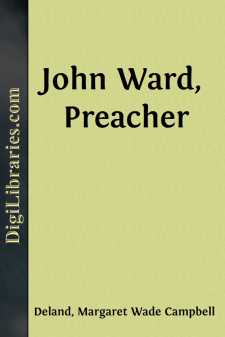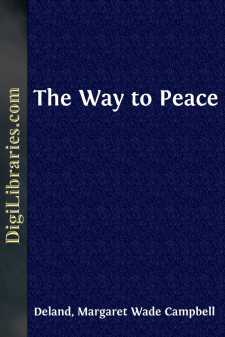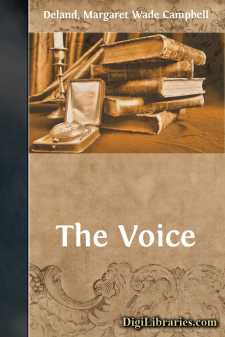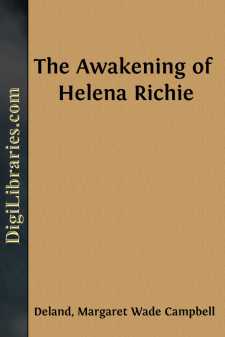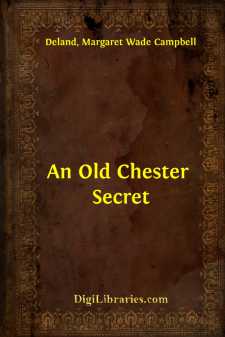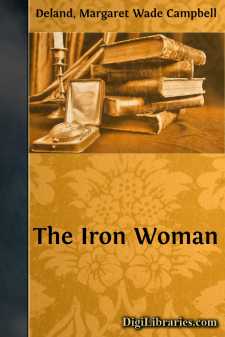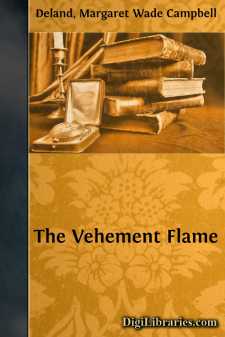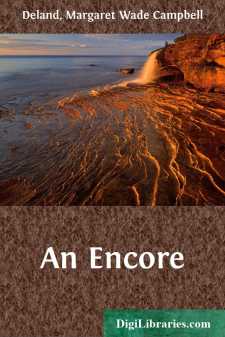Categories
- Antiques & Collectibles 13
- Architecture 36
- Art 48
- Bibles 22
- Biography & Autobiography 813
- Body, Mind & Spirit 141
- Business & Economics 28
- Children's Books 12
- Children's Fiction 9
- Computers 4
- Cooking 94
- Crafts & Hobbies 4
- Drama 346
- Education 46
- Family & Relationships 57
- Fiction 11826
- Games 19
- Gardening 17
- Health & Fitness 34
- History 1377
- House & Home 1
- Humor 147
- Juvenile Fiction 1873
- Juvenile Nonfiction 202
- Language Arts & Disciplines 88
- Law 16
- Literary Collections 686
- Literary Criticism 179
- Mathematics 13
- Medical 41
- Music 40
- Nature 179
- Non-Classifiable 1768
- Performing Arts 7
- Periodicals 1453
- Philosophy 64
- Photography 2
- Poetry 896
- Political Science 203
- Psychology 42
- Reference 154
- Religion 513
- Science 126
- Self-Help 83
- Social Science 81
- Sports & Recreation 34
- Study Aids 3
- Technology & Engineering 59
- Transportation 23
- Travel 463
- True Crime 29
John Ward, Preacher
Description:
Excerpt
The evening before Helen Jeffrey's wedding day, the whole household at the rectory came out into the garden.
"The fact is," said Dr. Howe, smiling good-naturedly at his niece, "the importance of this occasion has made everybody so full of suppressed excitement one can't breathe in the house."
And indeed a wedding in Ashurst had all the charm of novelty. "Why, bless my soul," said the rector, "let me see: it must be ten—no, twelve years since Mary Drayton was married, and that was our last wedding. Well, we couldn't stand such dissipation oftener; it would wake us up."
But Ashurst rather prided itself upon being half asleep. The rush and life of newer places had a certain vulgarity; haste was undignified, it was almost ill bred, and the most striking thing about the village, resting at the feet of its low green hills, was its atmosphere of leisure and repose.
Its grassy road was nearly two miles long, so that Ashurst seemed to cover a great deal of ground, though there were really very few houses. A lane, leading to the rectory, curled about the foot of East Hill at one end of the road, and at the other was the brick-walled garden of the Misses Woodhouse.
Between these extremes the village had slowly grown; but its first youth was so far past, no one quite remembered it, and even the trying stage of middle age was over, and its days of growth were ended. This was perhaps because of its distance from the county town, for Mercer was twelve miles away, and there was no prospect of a railroad to unite them. It had been talked of once; some of the shopkeepers, as well as Mr. Lash, the carpenter, advocated it strenuously at Bulcher's grocery store in the evenings, because, they said, they were at the mercy of Phibbs, the package man, who brought their wares on his slow, creaking cart over the dusty turnpike from Mercer. But others, looking into the future, objected to a convenience which might result in a diminution of what little trade they had. Among the families, however, who did not have to consider "trade" there was great unanimity, though the Draytons murmured something about the increased value of the land; possibly not so much with a view to the welfare of Ashurst as because their property extended along the proposed line of the road.
The rector was very firm in his opinion. "Why," said he, mopping his forehead with his big silk handkerchief, "what do we want with a railroad? My grandfather never thought of such a thing, so I think I can get along without it, and it is a great deal better for the village not to have it."
It would have cut off one corner of his barn; and though this could not have interfered with the material or spiritual welfare of Ashurst, Dr. Howe's opinion never wavered. And the rector but expressed the feelings of the other "families," so that all Ashurst was conscious of relief when the projectors of the railroad went no further than to make a cut at one end of the Drayton pastures; and that was so long ago that now the earth, which had shown a ragged yellow wound across the soft greenness of the meadows, was sown by sweet clover and wild roses, and gave no sign of ever having been gashed by picks and shovels....


